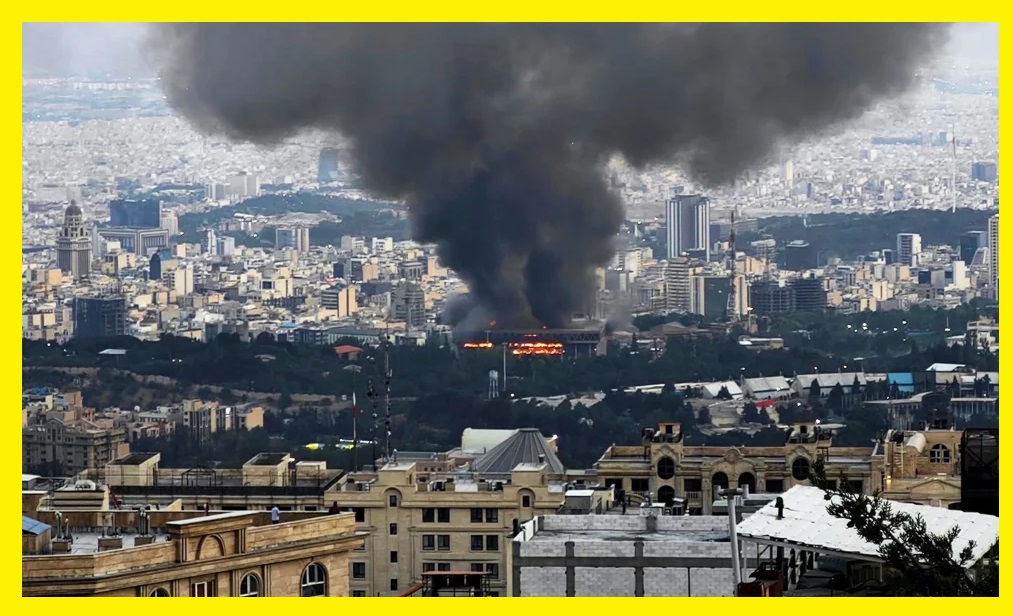FaceToFace TV | World Affairs & Global Politics
Global tensions flared overnight as former U.S. President Donald Trump announced a major military operation against Iran’s nuclear facilities, targeting three of Tehran’s most critical sites — Fordow, Natanz, and Esfahan.
The strike, which reportedly took place on Saturday night, marks a direct military escalation between the United States and Iran, with analysts and diplomats around the world now watching closely for Tehran’s next move.
Abas Aslani, a Senior Research Fellow at the Center for Middle East Strategic Studies in Tehran, provided insight into how Iran might retaliate. In an interview with Al Jazeera, Aslani outlined three possible response strategies:
- Limited Reaction:
Depending on the extent of the damage inflicted on its nuclear infrastructure, Iran may opt for a measured and symbolic retaliation, targeting U.S. assets without provoking a full-blown war. - Full-Scale War:
If the leadership in Tehran views the strikes as a declaration of war, Aslani warned that Iran might respond with serious military action against U.S. and Israeli interests, possibly including retaliatory attacks on Israeli nuclear sites. He also hinted that Iran’s allies could join the conflict. - Hybrid Strategy:
A mix of limited strikes and economic pressure tactics. This could include closing the Strait of Hormuz, a crucial maritime chokepoint that controls a significant portion of the world’s oil supply. Aslani said such a move could disrupt global energy markets and create regional chaos.
On his Truth Social platform, former President Donald Trump confirmed the U.S. airstrikes, describing the operation as a complete success.
“The world just witnessed what only America could do — a successful, precision strike on Iran’s top nuclear sites,” Trump posted.
“Now is the time for peace, but if Iran retaliates, the consequences will be disastrous.”
Trump’s announcement has sparked immediate international concern, with leaders urging restraint and diplomatic engagement to avoid a broader Middle East conflict.
While the strikes occurred thousands of kilometers away, the ripple effects of conflict in the Middle East are never contained. From fuel price volatility to geopolitical alignments, nations across Africa — including Nigeria — could soon feel the economic and diplomatic tremors.
The Strait of Hormuz, if blocked, would cause a global energy crisis, potentially driving up fuel prices in Nigeria, and further stressing developing economies.
As Iran considers its options, the world braces for what could either be a controlled diplomatic fallout or the opening chapter of a larger war. With nuclear sites now targeted and both rhetoric and weapons fired, the spotlight is on Tehran and Washington — and what comes next could shape the future of international peace.
Stay connected to FaceToFace TV as we track the unfolding developments of this critical story.
#FaceToFaceTV #IranUSConflict #TrumpStrikesIran #MiddleEastTensions #NuclearSitesAttack #IranRetaliationOptions #AslaniIranAnalysis #Geopolitics2025 #StraitOfHormuz #EnergyCrisisAlert #WorldPolitics



